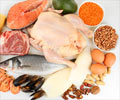About
Dieting is a fad that people follow quite blindly. Unfortunately, some recommended diet foods are associated with weight gain instead of weight loss if eaten in excess. The diet foods which make people fatter are discussed below.
Avocado
Avocado is a super food. Each fruit contains almost 10g of fibre and twice the amount of potassium than a banana. In addition to this avocado has cholesterol lowering properties, reduces the risk of cancer and improves skin health.
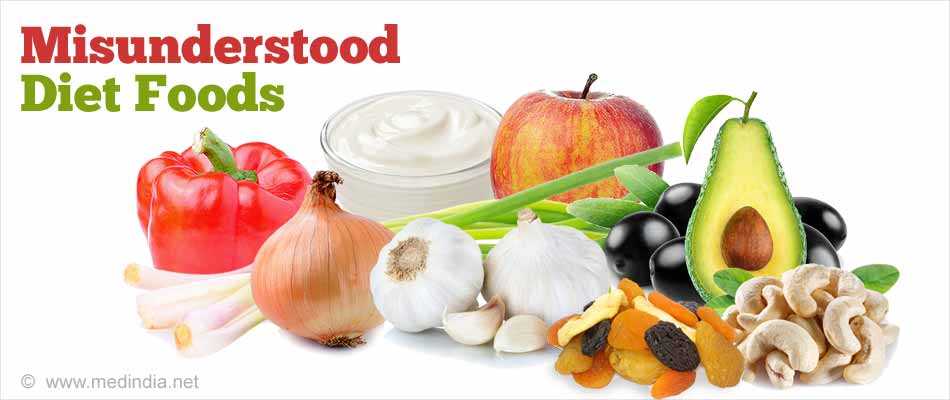
Avocados are also a rich source of the heart-healthy monounsaturated fat. However, fat is still fat and going overboard with avocado consumption because of its health benefits leads to weight gain.
Nuts
These little foods are packed with nutrients that have a range of health benefits. Nuts are rich sources of antioxidants, protein and good fat. Nuts are an ideal weight loss snack if eaten in moderation. One ounce of nuts contains about 135 calories.
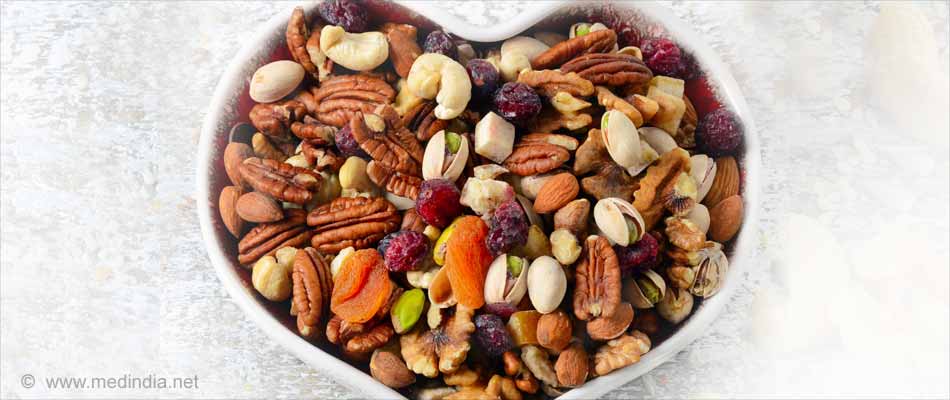
Often, the goodness of nuts leads to them be eaten in excess and weight gain is seen as a result.
Dried fruits
Dried fruit is essentially fresh fruit which has been dehydrated. Dehydration causes shrinkage and makes it easy to go through an entire bagful of dried fruit without much difficulty. This, in addition to the fact that they are packed with antioxidants, makes them sound like the ideal diet food.
This is not entirely false. Dried fruits in moderation make for a great diet-snack. A handful (at most) of dried fruits and nuts a day will meet the daily requirement of some nutrients without being calorie dense.
Yoghurt
Yoghurt is extremely healthy but often misunderstood. It is rich in probiotics which maintains gut health and enhances absorption of nutrients.
Low fat yoghurt bought in stores is heavily processed to make it taste better. It is often tempting to choose the low fat fruit flavoured yoghurts. These are especially bad because of the added sugar.
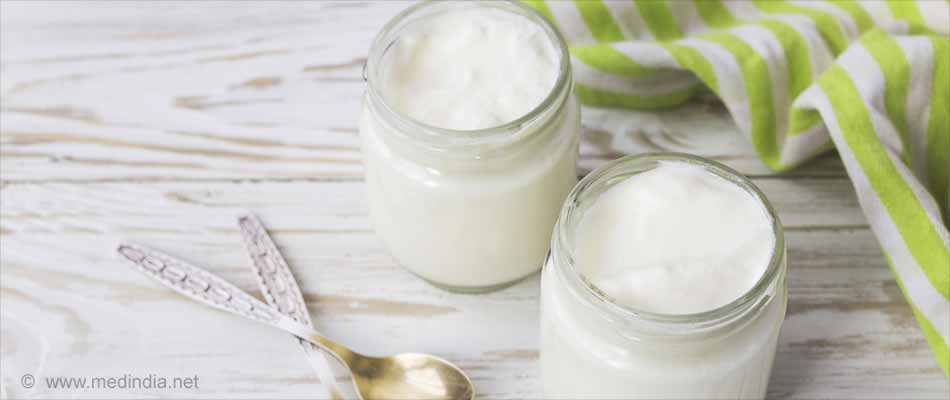
When it comes to consuming yoghurt, it is best to limit yourself to about 150 to 200g a day and choose the unflavoured kind.
Granola
Granola is marketed as being a great weight-loss food which is rich in protein. This for the most part is true because granola contains oats and nuts. The problem lies in the preparation of granola which requires sugar and oil. This improves the taste and encourages overconsumption.
Gluten-free foods
Of late, being on a gluten-free diet is the way to shed a few extra kilos. This is a huge misconception because a lot of gluten-free foods contain more calories than foods that contain gluten.
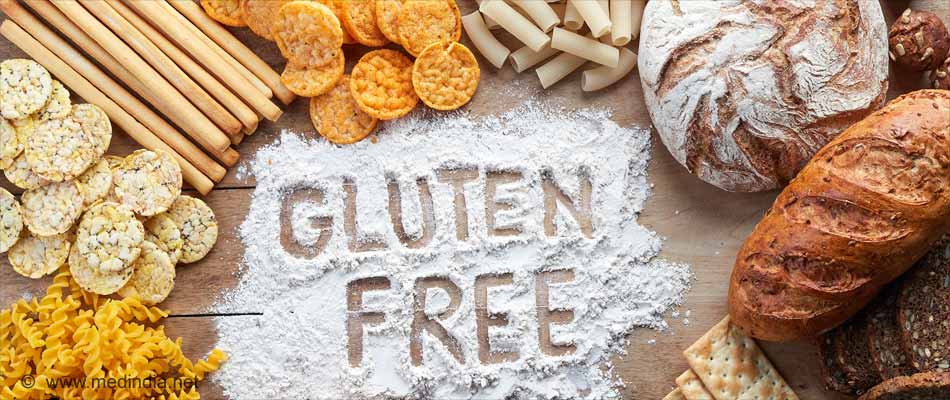
Corn starch and brown rice flour are used to replace gluten and mimic its texture and taste. These ingredients are more calorie dense than gluten. For an individual who is not allergic to gluten, it is best to stick to a normal diet which is rich in fibre. Naturally available gluten-free foods like quinoa and ragi are best suited for individuals who are gluten allergic.
Smoothies
For most people on a diet, smoothies are a go to option. While home-made smoothies can be gut-busters if not carefully made, shop-bought smoothies are usually packed with calories. It has been found that smoothies served in juice bars often provide 600 to 1,000 calories because of ingredients like chocolate, peanut butter, coconut milk and whole fat milk.
Making smoothies at home is a good way to ensure using ingredients that support weight loss. Ice, one and a half servings of produce – fruit or berries and about three table spoons of yoghurt to add protein and give the drink a creamy texture.
Commercial salad dressings
While you can’t find fault with fruits and vegetables salad, the commercial dressings which make the salads taste good are the ones to watch out for.
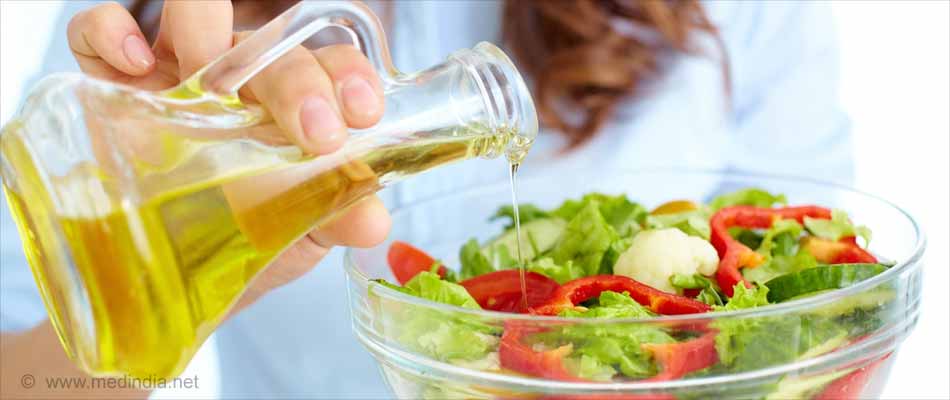
Most commercial salad dressings contain ingredients like soya bean oil and high fructose corn syrup which are calorie dense and in general not healthy ingredients.
It is much healthier to make your own salad dressing using low calorie ingredients like lemon juice, olive oil and yoghurt.
One must always approach a diet with caution. While many of the foods mentioned above have health benefits, consuming them in excess leads to weight gain. Consult a qualified nutritionist to prepare a diet chart which will keep you healthy and ensure weight loss.

